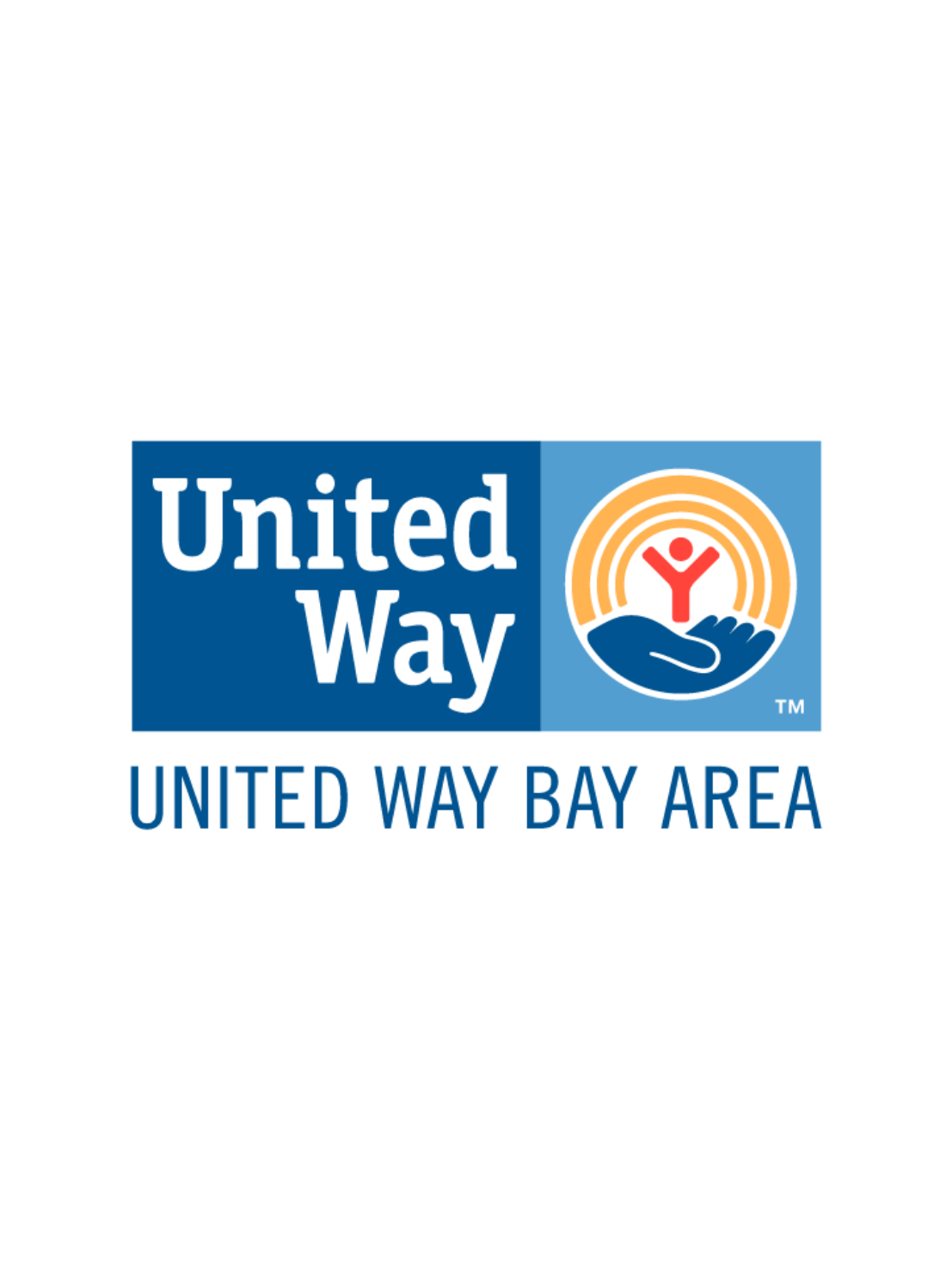
Get resources for climatizing your curriculum and empowering your students.
-

UN Sustainable Goals
The United Nations Sustainable Development Goals (SDGs) are a set of 17 interconnected global goals adopted by all UN member states in 2015 as part of the 2030 Agenda for Sustainable Development to promote a more sustainable and equitable world.
-

Intergovernmental Panel on Climate Change
The IPCC website is the UN body for assessing the science related to climate change. It prepares reports about the state of scientific, technical and socio-economic knowledge on climate change, its impacts and future risks, and options for reducing the rate at which climate change is taking place.
-

Climate Reality Project Initiatives
The Climate Reality Project website provides introductory explainers and numbers on some of the key environmental justice issues, in addition to offering climate change leadership training and grassroots organizational support.
-

Solidarity Economics Project
The Solidarity Economics website uses data and analysis to contribute to a more cross-sector movement for equity. They work in collaboration with social movements for economic, racial, and environmental justice to push forward a more unifying economic narrative that centers on the marginalized voices.
-

U.S. Climate Resilience Toolkit
Looking for climate data? The U.S. Climate Resilience Toolkit contains 500+ digital tools that can help you take steps to build resilience, from engaging a community to developing a climate action plan. Explore case studies to see how people are building resilience in their communities.
-

Yale Program on Climate Change Communication
The YPCCC website conducts public opinion and messaging research using surveys, experiments, qualitative methods, statistical models, maps and participatory GIS, among other methods at the global, national, and local scales.
-

Climate Action Tracker
The Climate Action Tracker website is an independent scientific project that tracks government climate action and measures it against the globally agreed Paris Agreement. CAT quantifies and evaluates climate change mitigation targets, policies and action to the global level.
-

Intersectional Environmentalist Toolkit
Need toolkits on ways social justice and environmentalism intersect? The Intersectional Environmentalist website is a climate justice collective radically imagining a more equitable and diverse future of environmentalism.
-

AASHE Campus Sustainability Hub
The AASHE Campus Sustainability Hub is an online library that provides access to resources for campus sustainability practitioners, enabling members to share and learn about all aspects of sustainability in higher education.
-

Carbon Footprint Calculator
The Carbon Footprint website provides a free, online footprint calculator to start measuring and reporting your carbon emissions as an ideal tool to help raise awareness, measure emissions, reduce costs, and engage the public in carbon management.
-

United Way Bay Area Dashboard
The United Way Bay Area website features resources and dedicated webpages for each county, offering insights into specific challenges faced by the communities while celebrating the resilience and determination of residents.
-
Machado, Amanda. “How Writers of Color Are Changing What Nature Writing Looks Like.” Sierra, 2 Jan. 2024, www.sierraclub.org/sierra/2023-4-november-december/critic-s-notebook/how-writers-color-are-changing-what-nature-writing-looks-like. Accessed 29 Feb. 2024.
Will, Madeline, and Arianna Prothero. “Teens Know Climate Change Is Real. They Want Schools to Teach More about It.” Education Week, 18 Nov. 2022, https://www.edweek.org/teaching-learning/teens-know-climate-change-is-real-they-want-schools-to-teach-more-about-it/2022/11. Accessed 17 Jan. 2024.
Will, Madeline, and Arianna Prothero. “Students Want Climate Change Education. Most Teachers Don’t Get Enough Training.” Education Week, 31 Jan. 2023, www.edweek.org/teaching-learning/students-want-climate-change-education-most-teachers-dont-get-enough-training/2023/01#:~:text=Most%20Teachers%20Don. Accessed 17 Jan. 2024.
-
Ahn, Eddie. Advocate. Random House USA, 2024.
Archer, David. The Long Thaw: How Humans Are Changing the next 100,000 Years of Earth’s Climate. Princeton University Press, 2016.
Ayana Elizabeth Johnson, and Katharine K. Wilkinson. All We Can Save: Truth, Courage, & Solutions for the Climate Crisis. One World, 2021.
Calvo, Luz; Rueda Esquibel, Catriona. Decolonize Your Diet : Plant-Based Mexican-American Recipes for Health and Healing. Arsenal Pulp Press, 2016.
Guerra, Juan C. Language, Culture, Identity and Citizenship in College Classrooms and Communities. Routledge, 2015.
Fromm, Harold, and Cheryll Glotfelty. The Ecocriticism Reader : Landmarks in Literary Ecology. Athens, Ga. Univ. Of Georgia Press, 1996.
Jahren, Hope. The Story of More : How We Got to Climate Change and Where to Go from Here. Vintage Books, A Division Of Penguin Random House Llc, 2020.
John Muir Laws. The Laws Guide to Nature Drawing and Journaling. Heyday, 2015.
Laduke, Winona. All Our Relations: Native Struggles for Land and Life. Haymarket Books, 2016.
Kimmerer, Robin Wall. Braiding Sweetgrass. Langara College, 2022.
Nichols, Wallace J. Blue Mind. Little, Brown, 22 July 2014.
Penniman, Leah. Farming While Black: Soul Fire Farm’s Practical Guide to Liberation on the Land. White River Junction, Vermont, Chelsea Green Publishing, 2018.
Taylor, Dorceta E. Toxic Communities: Environmental Racism, Industrial Pollution, and Residential Mobility. New York University Press, 2014.
-
The AASHE 2022 Anthology on Racial Equity and Social Justice—Volume III of No Sustainability Without Justice—highlights the significant role systemic racism plays as a barrier to effectively addressing sustainability challenges. The anthology emphasizes the importance of understanding, cooperation, and strategic action across industries and societies to overcome these barriers. It specifically explores perspectives on how racial equity, social justice, diversity, and inclusion are integral components of sustainability. The volume aims to provide insights and perspectives relevant to higher education sustainability practitioners, emphasizing the interconnectedness of racial equity and social justice with sustainable practices.
-
7 Ways to Connect with Nature. Wild Wonder Foundation, https://www.wildwonder.org/store/p/nature-con..
Your Quick Start Guide to Nature Journaling. Wild Wonder Foundation, www.wildwonder.org/store/p/nj-zine.
